(AfroGamers.com) There are some video game titles that are worthy of remake or a reboot. What makes them worthy varies by studio and gamer. A studio could decide that a poorly received title deserves another shot because development technology and hardware have gotten better. Maybe the studio can get it done now whereas 20 years ago the project just wasn’t going to work.
Meanwhile, a gamer could feel strongly about a title and want it modernized or to at least get a sequel—yes, decades after the previous release. Obviously, I’m not a game designer or associated with a developer, so you can guess which group I fall in with this list.
We’re going to look at five titles that could do with a comeback season whether it’s a sequel or a reboot.

Sleeping Dogs (2012, United Front/Square Enix)
Sleeping Dogs is considered the spiritual successor to the True Crime series, a PS2 GTA-clone where the police detective element was the focus. The True Crime series was supposed to have a third entry based again in New York—that later became Hong Kong with United Front’s work on the then unnamed title. However, that was axed by Activision. Mind you, the True Crime: New York City did have some big-name TV and film actors doing voice work for a game that…it flopped, folks.
We’re talking less than 80,000 units sold in its first two weeks. That lets you know that this wasn’t going to meet the budget put into the game at all.
Then United Front came along with what would become Sleeping Dogs after Activision passed on publishing it. The rest is history: it was received very well and presented enough that a sequel wasn’t out of the question. Performance-wise, it sold enough units to warrant exploring a sequel—yet here we are.
The game was supposed to see a sequel which followed the future cases and adventures of Shen and was to feature a mobile gaming aspect that impacted Sleeping Dogs 2’s gameplay. While there is no sequel on the horizon, the license was picked up and is being turned into a film.
Kengo (2000, Genki/Crave)
Let’s get into even older franchises that have seen no recent developments—such as Bushido Blade. Well, let’s go with the spiritual successor: Kengo. While Bushido Blade added a realistic element to the 3D fighting game genre with wounds and bleed outs resulting in victory or defeat, I enjoyed Kengo’s approach of putting the player in the shoes of a traveling swordsman.
This wasn’t going through different parts of a village and slaughtering the opps and their heavies. No, you went from established dojo to established dojo to practice, learn techniques, and apply those techniques in duels. Then you fought the masters of the dojos and eventually participated in the imperial tournament. Outside of the absence of some slice-of-life stuff, this was basically a swordsman simulator.
Now, the third entry was a bit of a bust because it was a garden variety fighting game with swords and we already had Bushido Blade 2 as well as Soulcalibur and Battle Arena Toshiden by that time.
Rival Schools (1997, Capcom)
On the one hand, it’s like—there are enough fighting games out there, do we really need to bring back one from almost 30 years ago? Especially if nothing new is done, it’s just a return of this game’s roster. Capcom even did something new with Street Fighter 6, so a Rival Schools return would have to be something fresh instead of an expensive investment in nostalgia.
I say add aged Rival Schools characters to the Street Fighter roster because Capcom had some great characters from the R.S and Street Fighter EX titles. Batsu? Skullomania? Yes, add them to the roster.
Inindo: Way of the Ninja (1991, Koei)
I can’t say enough good things about this Super Nintendo title. It was like playing as an officer in Romance of the Three Kingdoms in turn-based JRPG. For a game released in 1991, it had features that would make many RPGs worth playing multiple times. The main feature is the recruiting of allies actively forming a rapport with them.
However, some potential allies or teammates might not agree with your motivations, or they might believe that serving Nobunaga is the ultimate job—when you’re trying to take him out for razing your village.
The other major element is that each month, the landscape/map is updated with the battles that went down. The player can work for a daimyo and by doing mission for them successfully, they can participate in battles. Meaning, they can impact the power dynamic in feudal Japan and probably weaken Nobunaga’s influence.
With the advancements in development and writing over 30-plus years, I’d say Koei could make the ultimate ninja game if they decided to revisit this title.
Alpha Protocol (2010, Obsidian Entertainment/Sega)
Listen, Alpha Protocol wasn’t perfect at all and at times it could drag at points, but the game was one of the best espionage games made. The only franchises or games I would put over it are Metal Gear Solid and Deus Ex (under Square Enix). Having to travel to different locations around the world for missions, decisions that impacted future missions, a decent combat system that could’ve been more polished in a sequel—Alpha Protocol had the makings for a good, regular series for Sega.
It was a spy game that was purely about spycraft. This wasn’t a shooter based around a spy or spy fighting game, no—stealth was necessary here, folks. Negotiation was necessary as well. You could tell that Obsidian Entertainment had plans for the gameplay mechanics in place and that more could’ve been done with those mechanics.
My two gripes with AP are that the game felt a little short for what was going down—it’s the same feeling I had for Deus Ex: Human Revolution—and it ended on a something of a cliffhanger. The combat, camera, and all that didn’t bother me as much as it bothered others, but a cliffhanger will always burn my biscuit.
What are your five games that you’d love to see get a reboot or sequel? Let us know in the comments!
Staff Writer; M. Swift
This talented writer is also a podcast host, and comic book fan who loves all things old school. One may also find him on Twitter at; metalswift.

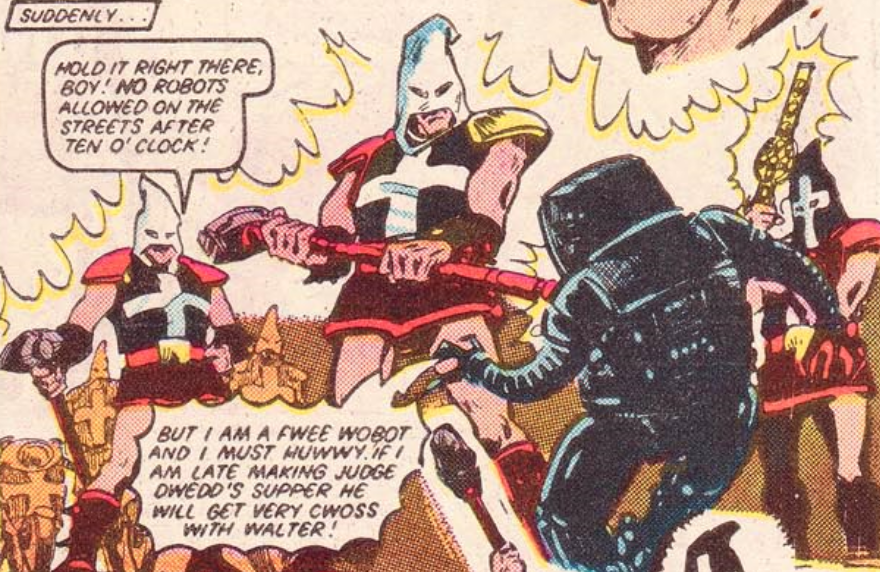




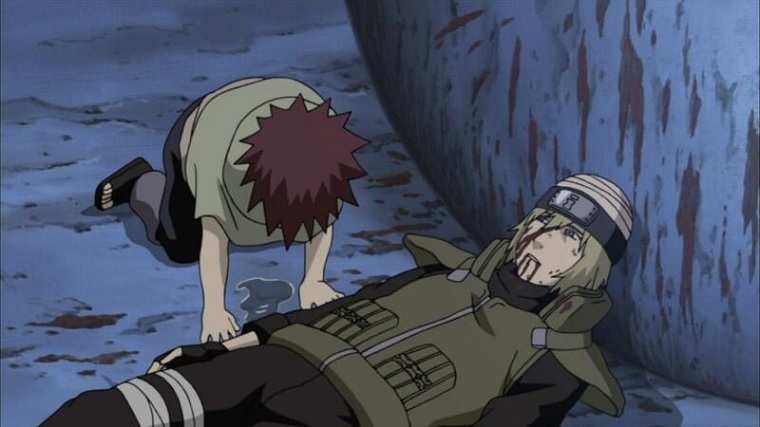


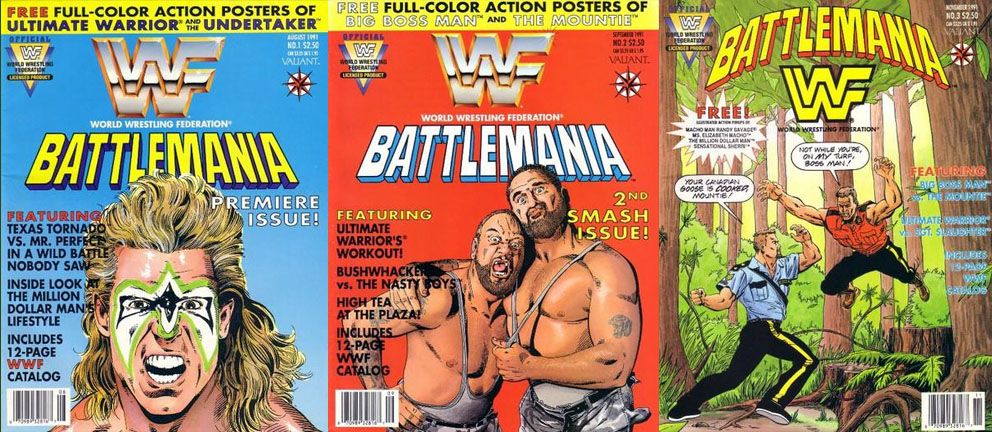
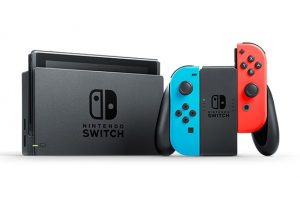
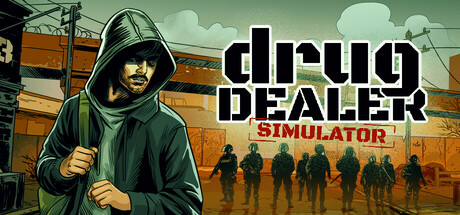
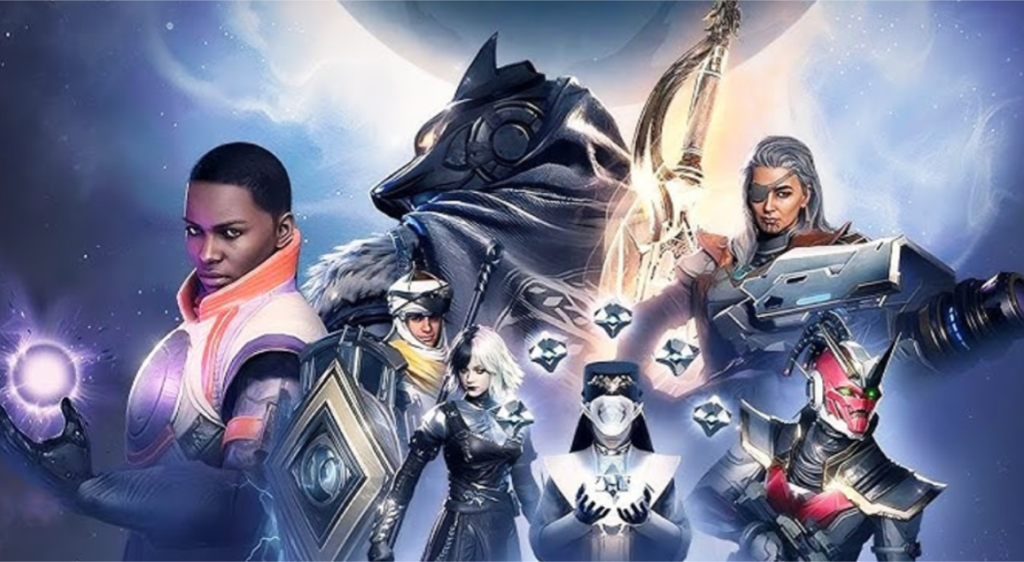
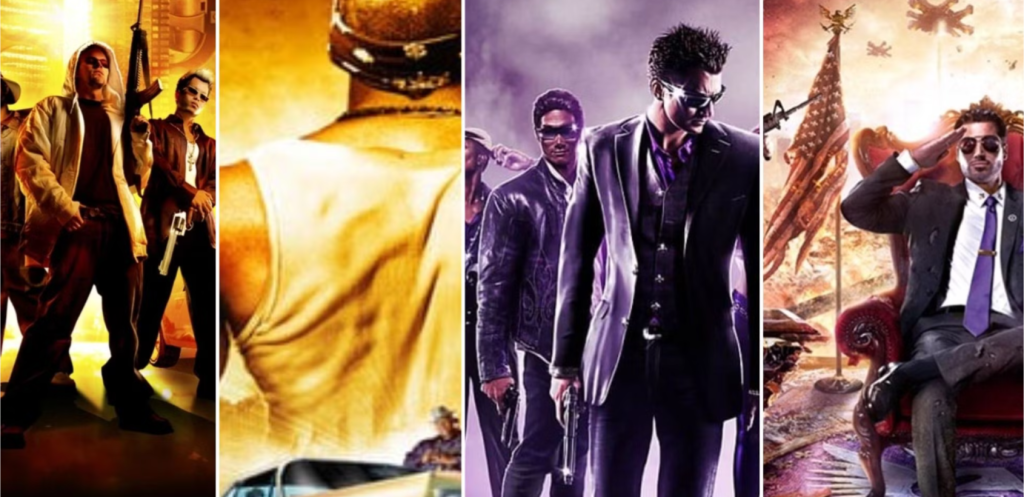
Leave a Reply